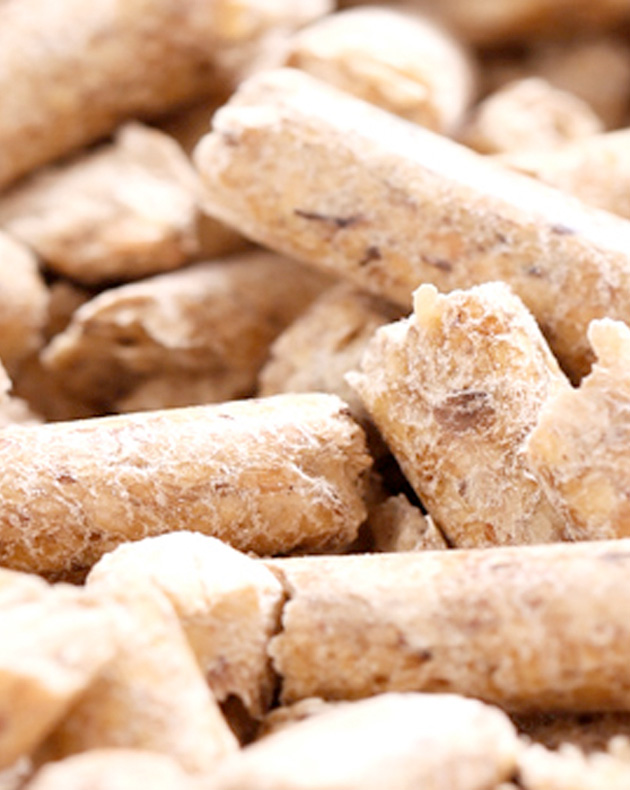

BIOMASS
Wood Pellets
PME/POME
Oil Palm Empty Fruit Bunch (EFB) pelletS
Palm Kernel Shells (PKS)
Palm kernel shells are the fibrous shell fractions left after palm oil nuts are crushed in the palm oil mill. These shells are a biomass residue characterized by their fibrous nature, making them easy to handle in bulk from production to end use. They consist of a mix of large and small shell fractions along with dust-like particles and small fibers. The moisture content in palm kernel shells is relatively low, typically ranging from 11% to 13%, which is lower compared to other biomass residues. This low moisture content contributes to their higher heating value, attributed in part to residues of palm oil within the shells. PKS are considered a high-quality biomass fuel due to their uniform size distribution, ease of handling, crushability, and minimal biological activity.
Fertilizer
BIOMASS
Wood Pellets
PME/POME
Oil Palm Empty Fruit Bunch (EFB) pelletS
Palm Kernel Shells (PKS)
Palm kernel shells are the fibrous shell fractions left after palm oil nuts are crushed in the palm oil mill. These shells are a biomass residue characterized by their fibrous nature, making them easy to handle in bulk from production to end use. They consist of a mix of large and small shell fractions along with dust-like particles and small fibers. The moisture content in palm kernel shells is relatively low, typically ranging from 11% to 13%, which is lower compared to other biomass residues. This low moisture content contributes to their higher heating value, attributed in part to residues of palm oil within the shells. PKS are considered a high-quality biomass fuel due to their uniform size distribution, ease of handling, crushability, and minimal biological activity.


